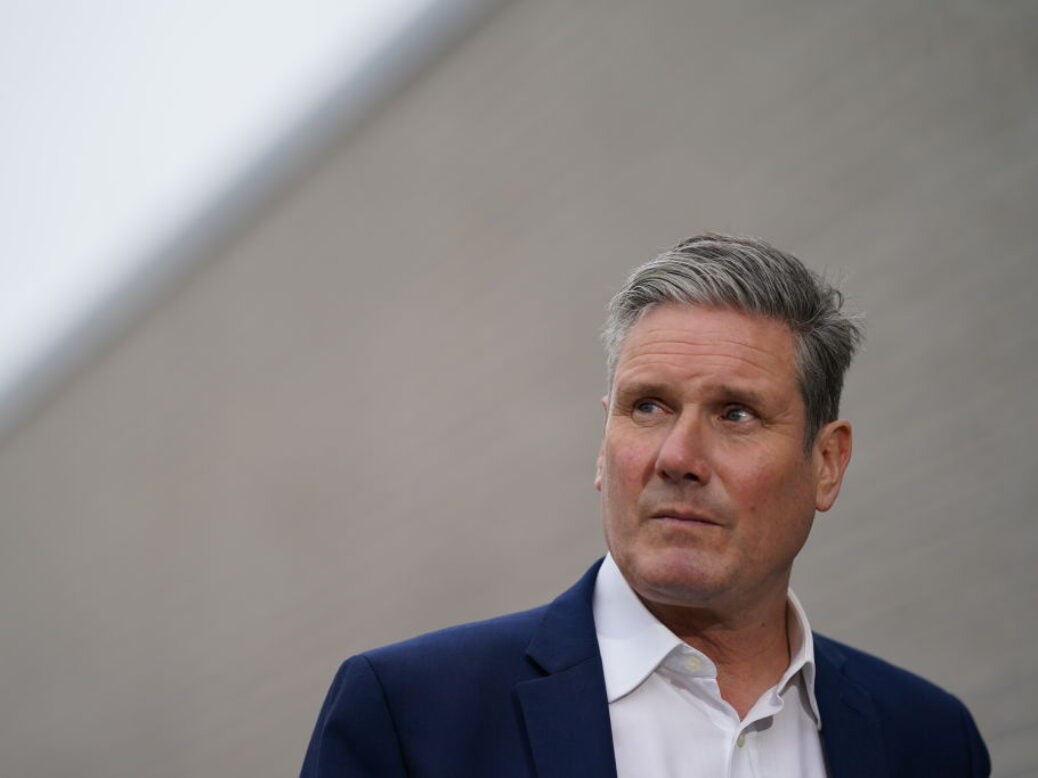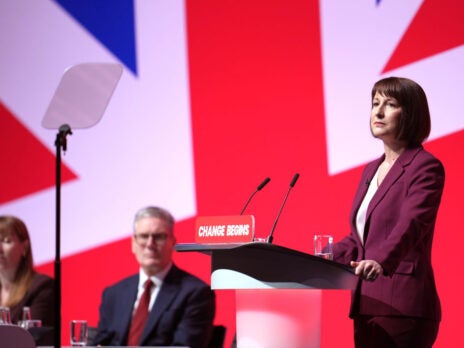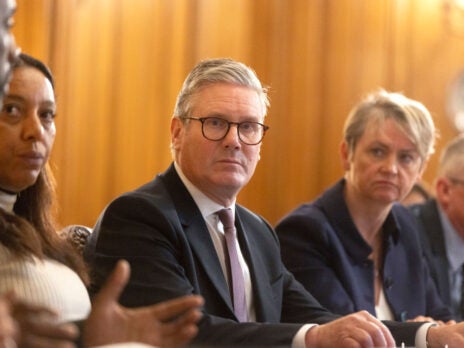
We’ve all seen the memes: Labour would be 20 points ahead of the Conservatives if it had any other leader. This line was pushed by media commentators during the Corbyn years and it’s now deployed by anyone bidding for cheap likes on Twitter. It’s also on a mug but it’d be remiss of me to use New Statesman column inches to advertise my own products.
But no, really, shouldn’t Labour be 20 points ahead? The party is leading the Tories in the polls by around five percentage points, a figure seemingly validated by the recent local election results. There Labour pulled ahead of the Tories in key marginal seats – seats that Britain Predicts’ constituency-based modelling had forecast would fall since last year. If a general election was held today Labour would come away with 290 to 300 seats. And if Scotland had not swung so radically to the SNP in 2015, Labour would be on course for a comfortable majority, similar in scale to that of Tony Blair’s third election victory in 2005.
So the polls, we can be confident, are for the moment correct. But the country is swamped by a cost-of-living crisis. Few voters don’t have an opinion on partygate or the increasingly unpopular Rishi Sunak. The government is regarded as tired and out of ideas. In short, the mood music has never been worse for the Conservatives. Yet Labour leads by just five. Why isn’t it leading by more?
The country has zeroed in on the cost of living. The news reflects that. The subject shapes the economic narrative in a way it never did during Ed Miliband’s Labour leadership. The debate is now far less to do with the deficit and the national debt and more to do with prices and jobs – incredibly fertile ground for Labour, which leads on the subject in polls and has done for some time.
[See also: Labour must back strikes to fight the cost-of-living crisis]
The economy, however, is not just the cost of living. While Labour leads in this area, it’s in a more fragile position on “growing the economy”. An Ipsos poll recently found a Conservative lead of nine points on that question. By contrast, on “reducing you and your family’s cost of living”, Labour had a lead of six.
What shapes the public’s economic attitudes shifts over time. Right now, it’s jobs and prices. Will it be the same in two years’ time? It’s hard to say. A decade ago it was the deficit and a significant number of voters favoured spending cuts.
Consequently, Labour’s lead on the cost of living isn’t as valuable as a lead on the economy in general would be. At present, Keir Starmer’s party is doing well but it isn’t in control of the fundamentals.
It’s not just the economy that’s holding Labour back. The party’s brand is still a damaged one. It’s in a stronger position than during the Corbyn years, when 50 to 60 per cent of voters held an unfavourable view of Labour, but there is still much room for improvement. At present 41 per cent of voters have an unfavourable view of the party, compared with 33 per cent who have a favourable view (though this has at least risen since last year).
And there’s valid criticism to be levelled at the Labour leader too. Starmer is not like Miliband and Jeremy Corbyn, and that is a good thing. Unlike them, Starmer is not a net drag on Labour’s appeal. We should remember that in 2015 Miliband trailed David Cameron by a huge margin as the public’s preferred prime minister and that Corbyn similarly lagged Johnson. But Starmer? Less so. In fact, Starmer leads Johnson as the public’s preferred prime minister and just about beats him on likeability too.
The advantage with Starmer is that he’s not dragging Labour backwards in the manner of Corbyn and Miliband. The disadvantage is that he’s not putting Labour in first or second gear either. He’s a neutral presence, which is more than can be said for his predecessors, but hardly transformative.
Those crowing over Labour’s modest poll lead need to appreciate just how poorly the party’s brand is viewed now and has been for more than 12 years. The country despairs at the government but it is not yet enamoured with the opposition. There’s much more work to be done.
[See also: Tell us who you really are, Keir Starmer]


